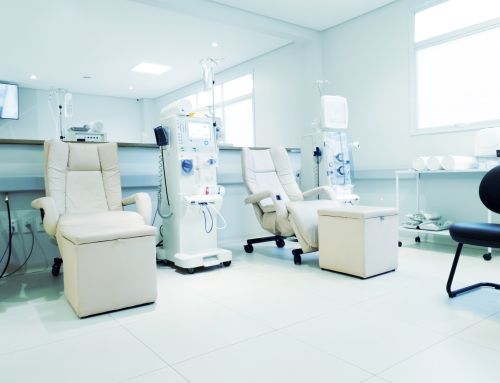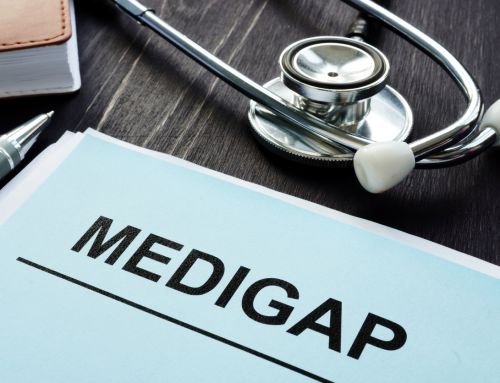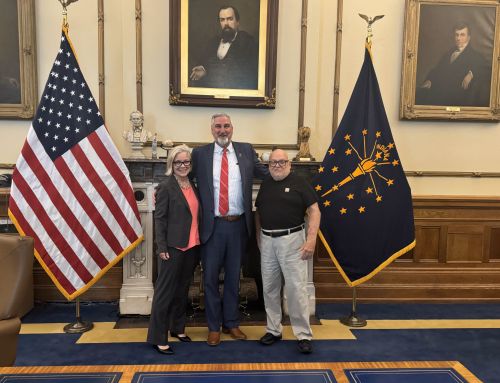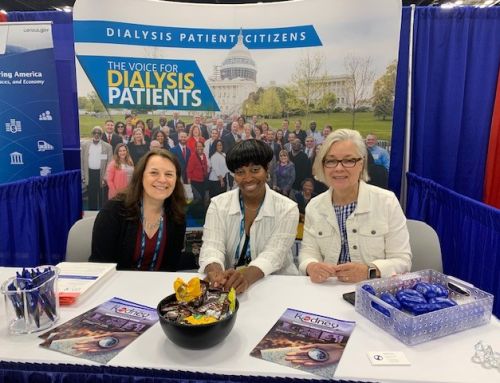Katherine Ceroalo
New York State Department of Health
Bureau of House Counsel, Regulatory Affairs Unit
Room 2438, ESP, Tower Building
Albany, NY 12237
RE: Medicaid Benefit Limits for Enteral Formula (I.D. No. HLT-39-11-00007-P)
Dear Ms. Ceroalo,
Dialysis Patient Citizens (DPC) appreciates the opportunity to submit comments on the proposed rule to limit Medicaid coverage of enteral formula (I.D. No. HLT-39-11-00007-P). We write today on behalf of the 24,941 dialysis patients living in New York because our membership remains profoundly concerned about the restriction of these vital supplements. The proposed rule to limit coverage of enteral nutritional supplements to adults over twenty-one years of age who are tube-fed and to individuals with rare inborn metabolic disorders may severely compromise the health and quality of life of dialysis patients. While DPC understands the tough budgetary decisions the State must make, other states with similar financial concerns have not only recognized the importance of these supplements to the health and well-being of dialysis patients, but also the added cost to the health care system as many patients may require increased care due to preventable complications. As a result, California recently included an exemption for dialysis patients from similar limitations to nutritional supplements. We ask that language be included in the final rule exempting dialysis patients from these Medicaid restrictions in New York.
Kidneys perform a crucial function and when they fail, a condition known as end stage renal disease (ESRD), a patient’s blood must be filtered regularly to remove harmful toxins and excess fluids by using either an artificial kidney (hemodialysis), by introducing a cleansing solution into the abdomen (peritoneal dialysis), or by using a healthy donated kidney (kidney transplantation). For those individuals who require dialysis, these treatments are not the only component necessary for maintaining their health and ensuring their survival. Even after dialysis treatments, harmful toxins build up in patient’s bodies and they may suffer from depleted protein levels. If they are unable to afford or otherwise access the nutrients they require from food sources, they may need additional nutritional supplements to maintain their health. With a proper nutritional regimen and other interventions, patients living with ESRD can maintain healthy and productive lives.
The proposed rule to amend Part 505.5 of Title 18 NYCRR limiting Medicaid coverage of enteral nutritional supplements will eliminate the coverage of these important supplements for the dialysis patients who rely on Medicaid. Many dialysis patients live on limited incomes and because of this they are often unable to comply with their renal diet. According to the United States Renal Data Systems, 76 percent of dialysis patients do not eat sufficient amounts of protein and 86 percent do not meet daily energy intake levels. Restricting Medicaid coverage of enteral nutritional supplements to individuals over twenty-one years of age who are tube-fed and individuals with rare inborn metabolic disorders will make it difficult for dialysis patients to receive the proper nutrients they need and will increase the need for more costly emergency care. In fact, studies have shown that even a slight increase in albumin (protein) levels can decrease hospitalizations by up to 41 percent.1
Dialysis patients can live high quality lives that allow them to work, care for their families and be involved in their communities but they require access to quality care encompassing physician visits, prescription medication, dialysis treatments and a proper nutritional regimen in order to maintain their health and avoid hospitalization. DPC recognizes the tough budgetary decisions that New York must make but we believe the Medicaid proposed rule will negatively impact dialysis patients and increase costly hospitalizations. We appreciate the opportunity to submit comments on the proposed rule and we hope that you will take the needs of dialysis patients into consideration when writing the final rule and include language exempting dialysis patients from these restrictions.
If we can provide additional information, please feel free to contact us.
Sincerely,
Hrant Jamgochian
Executive Director
1 Kalantar-Zadeh, Kamyar, MD, PhD. The Ability of Albumin to Predict Outcome in Hemodialysis Patients. US Nephrology. 1998: Volume 3, Issue 1.






















